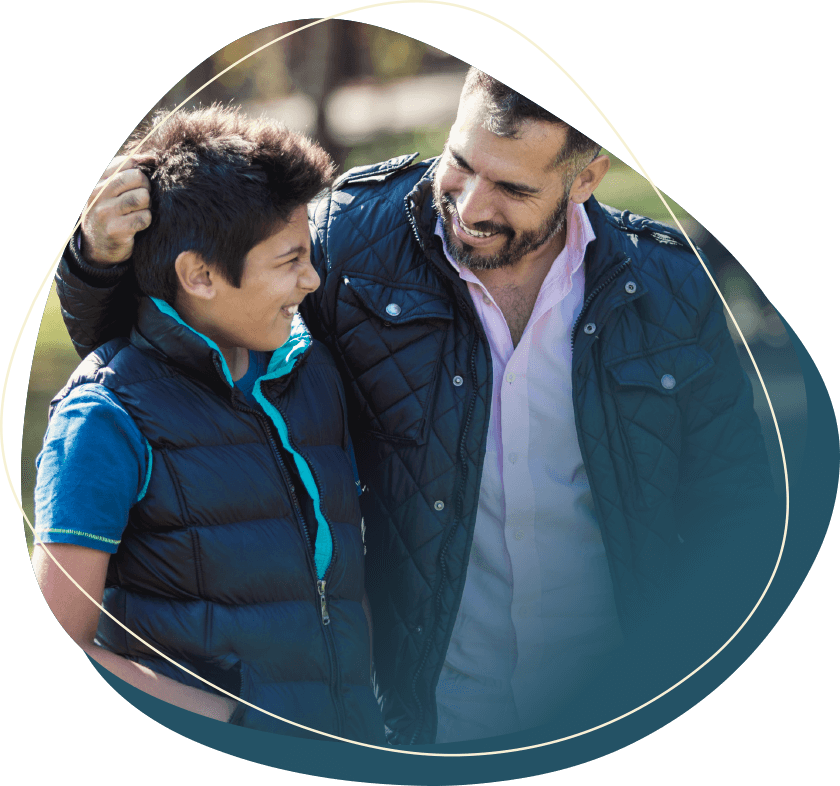Tips for starting porn conversations
Young people in Aotearoa are telling us that they want and need better adult porn conversations, information, and support.
Here are some tips for on how to approach an initial conversation and some conversations starters.
Tips for approaching an initial conversation
Reduce Shame
Listen Well
Take the Lead
Model an Acceptance of Sexuality and Gender Diversity
Tailor the Convo
Always consider a young person’s age, sexual development, sexual experience, culture, and porn exposure – and tailor the conversation accordingly. See Principle 6.
Use Open Questions
Practice
Tools to help: For tips on how to keep the conversation going and build critical thinking see Resource 2.2: Building Critical Thinking.

Wider Sexuality Education Questions
Some young people may want to explore other elements of porn they’ve seen, or sexual questions about pleasure, body diversity, kinks, or fantasies. It’s helpful to use open questioning, avoid binary responses, and refer young people to resources or other services in areas where you lack expertise. Bish offers good information on wider sex topics.
